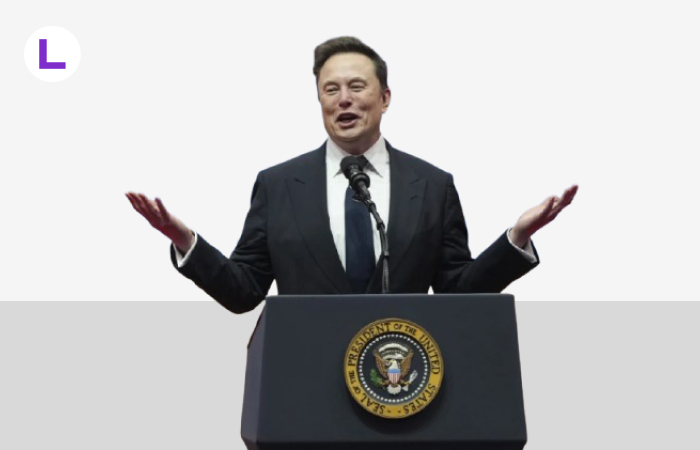OpenAI has announced a significant shift in its governance model, aiming to reinforce its founding mission of developing AI for the public good while responding to mounting criticism over its commercial direction.
The organization, led by CEO Sam Altman, will now operate as a Public Benefit Corporation (PBC), a legal designation that prioritizes societal impact alongside profit. Crucially, the original non-profit entity will continue to hold governing authority, ensuring that OpenAI remains anchored to its initial values despite expanding commercial interests.
In a message to employees, Altman emphasized that the transition is not a sale but a structural overhaul intended to streamline operations. “We are adopting a more conventional capital structure where equity is broadly held,” he explained, positioning the change as a modernization rather than a deviation.
The update comes in the wake of growing criticism from former employees and prominent AI researchers, including Geoffrey Hinton, who recently submitted a complaint to U.S. regulators. Critics argue that the company’s evolving business model threatens to erode transparency and public trust.
Board Chairman Bret Taylor stated that the revised framework was developed with guidance from legal authorities in California and Delaware, where OpenAI is incorporated. The decision also reflects attempts to address limitations posed by the company’s previous capped-profit structure, which had reportedly deterred larger investors.
Despite opening the door to greater investment, OpenAI insists that the non-profit will continue to hold a controlling interest — ensuring it has the resources to pursue socially beneficial initiatives.
Altman acknowledged that not every outcome will be positive, but expressed optimism. “Not everything we do will be purely for good,” he said, “but we believe the positive impact will far exceed the negative, by a wide margin.”
However, not everyone is convinced. Page Hedley, a former policy adviser and one of the signatories of last month’s regulatory filing, cautioned that the new plan leaves vital questions unanswered. “They’re taking steps in the right direction, but we still don’t have clarity on who ultimately owns the technology, how decisions are made, or how the mission will be enforced,” she said.
As OpenAI navigates its dual identity as both a mission-driven entity and a global business leader, the effectiveness of this governance update — and whether it satisfies stakeholders across the spectrum — remains uncertain.


